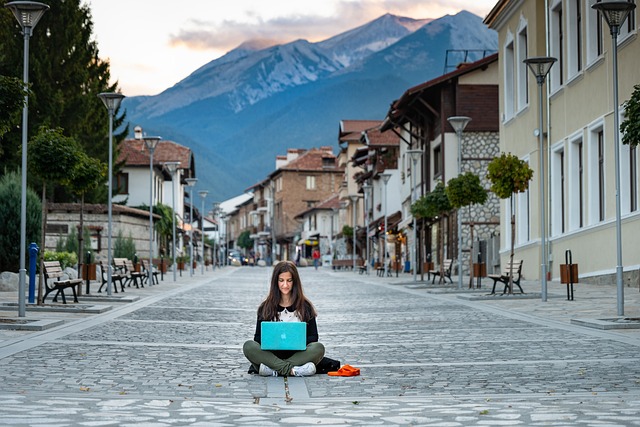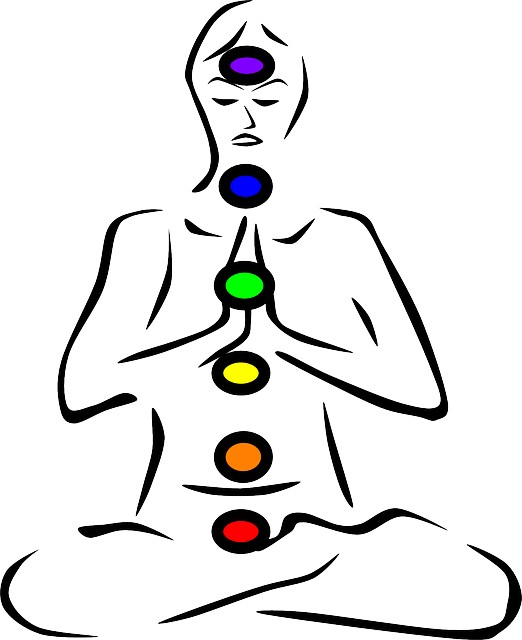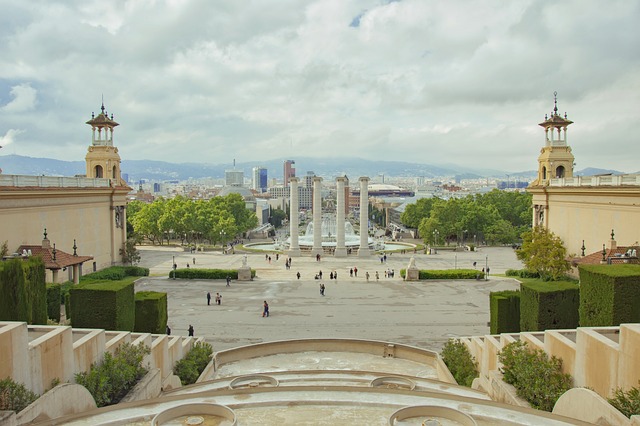Nestled in the heart of Europe, the Netherlands is not only renowned for its picturesque landscapes and historic cities but also for its lively and diverse festival scene. Throughout the year, the Dutch people come together to celebrate their rich cultural heritage, showcasing traditions that captivate both locals and visitors. The most popular festivals that make the Netherlands a hub of vibrant and joyous celebrations.
1. King’s Day (Koningsdag)
Celebrated on April 27th, King’s Day is a national extravaganza that transforms the streets of the Netherlands into a sea of orange. Honoring the birthday of King Willem-Alexander, this festival is marked by lively street parties, music concerts, and an abundance of orange-themed festivities. From Amsterdam’s bustling canals to quaint villages, the entire nation unites in a joyous celebration of Dutch monarchy.
The tradition of King’s Day dates back to 1885 when it was first celebrated to honor the birth of Queen Wilhelmina. Over the years, it evolved into a nationwide party, showcasing the Dutch love for merriment and unity. Amsterdam, in particular, is renowned for hosting one of the world’s largest open-air parties, attracting locals and tourists alike.
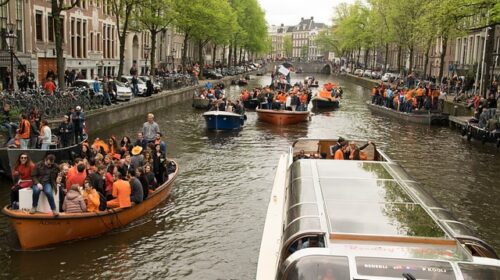
The streets are lined with flea markets where locals sell their wares, and live music echoes through the air. Families gather along the canals, adorned in orange attire, creating a kaleidoscope of color that symbolizes the Dutch royal family, the House of Orange-Nassau. King’s Day is not merely a celebration of royalty; it’s a reflection of the Dutch spirit of togetherness and exuberance.
2. Carnival (Carnaval)
In the southern regions of the Netherlands, Carnival takes center stage in February or March. This pre-Lenten festival is a riot of colors, with locals donning elaborate costumes, participating in vibrant parades, and reveling in street parties. The infectious energy of Carnival radiates through cities like Maastricht and ‘s-Hertogenbosch, offering a unique cultural experience.
Carnival has deep historical roots, with its origins traced back to medieval Europe. The Dutch version of Carnival is characterized by elaborate processions, masked balls, and a general sense of revelry. Each region puts its unique spin on the festivities, creating a diverse tapestry of celebrations that showcase the Dutch penchant for creativity and cultural expression.
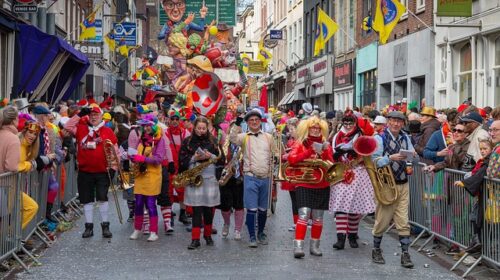
During Carnival, the streets come alive with elaborate floats, depicting satirical scenes and poking fun at political and societal issues. Local traditions, such as the symbolic burning of effigies, add a touch of folklore to the celebrations. It’s a time when the Dutch let loose, embracing the spirit of Carnival with fervor and joy.
3. Amsterdam Dance Event (ADE)
For music enthusiasts, the Amsterdam Dance Event in October is a pilgrimage to the electronic music mecca. A combination of a festival and a conference, ADE attracts global artists, industry professionals, and devoted fans. The city pulses with beats as venues across Amsterdam host electrifying performances, making it a must-attend event for electronic music lovers.
ADE is more than just a music festival; it’s a platform for networking, knowledge-sharing, and exploring the cutting edge of electronic music and its industry. The conference aspect brings together professionals from various facets of the music business, including producers, DJs, promoters, and label executives. Panel discussions, workshops, and masterclasses provide insights into the ever-evolving landscape of electronic music.
As night falls, the city transforms into a playground of sound, with world-class DJs spinning beats across genres. From intimate club settings to large-scale events, ADE offers a diverse range of musical experiences. The festival not only showcases established artists but also serves as a launchpad for emerging talents, contributing to Amsterdam’s reputation as a global hub for electronic music.
4. International Film Festival Rotterdam (IFFR)
Film aficionados gather in Rotterdam in late January for the International Film Festival Rotterdam. As one of Europe’s largest film festivals, IFFR showcases a diverse array of international films, providing a platform for emerging talents and established filmmakers alike.
The festival’s roots trace back to 1972 when a group of film enthusiasts organized a film marathon. Since then, IFFR has grown into a prominent cultural event, attracting filmmakers, critics, and cinephiles from around the world. What sets IFFR apart is its commitment to showcasing films that push boundaries, challenge conventions, and offer unique perspectives.
Film screenings are complemented by panel discussions, Q&A sessions, and masterclasses, creating an immersive experience for attendees. Rotterdam becomes a cinematic playground, with theaters, cultural venues, and public spaces hosting a diverse selection of films. From avant-garde experiments to gripping narratives, IFFR caters to a broad spectrum of cinematic tastes, contributing to the cultural richness of the Netherlands.
5. Christmas Markets
Come December, the Netherlands transforms into a winter wonderland with enchanting Christmas markets. From Amsterdam to Maastricht, these markets offer a festive atmosphere with twinkling lights, seasonal treats, and handcrafted gifts, creating a perfect setting for holiday cheer.
Dutch Christmas markets are not just places to shop for gifts; they are immersive experiences that transport visitors into a world of holiday magic. Stroll through festively decorated stalls offering handmade crafts, ornaments, and delicious treats. Savor traditional Dutch holiday delicacies like oliebollen (deep-fried dough balls) and erwtensoep (pea soup) as you soak in the festive ambiance.
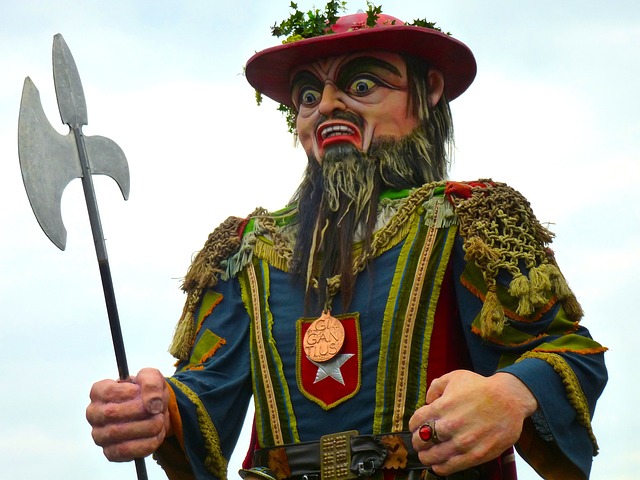
Cities like Maastricht, Valkenburg, and Dordrecht are renowned for their enchanting Christmas markets. The historic settings add an extra layer of charm, with cobblestone streets and medieval architecture providing a picturesque backdrop. The markets often feature live music, carol singers, and even ice-skating rinks, creating a joyful atmosphere that brings communities together during the holiday season.
6. Uitmarkt
As August unfolds, Amsterdam becomes the stage for Uitmarkt, a cultural festival marking the beginning of the cultural season. The city comes alive with performances, exhibitions, and information about upcoming cultural events, setting the tone for a year of artistic exploration.
Uitmarkt is a celebration of the arts in all their forms, from music and dance to literature and theater. The festival spans multiple locations, with cultural institutions, theaters, and public spaces hosting a myriad of performances. It’s an opportunity for both locals and visitors to sample the rich cultural offerings that Amsterdam has to offer.
The festival provides a glimpse into the diverse cultural landscape of the Netherlands. Attendees can explore different genres, styles, and artistic expressions, fostering an appreciation for the arts in all their diversity. From classical concerts to avant-garde performances, Uitmarkt serves as a cultural buffet, inviting everyone to savor the richness of Dutch creativity.
7. SAIL Amsterdam
Every five years, SAIL Amsterdam graces the city’s canals with a breathtaking parade of tall ships. This nautical extravaganza attracts maritime enthusiasts, offering a unique opportunity to witness the grandeur of sailing vessels against the backdrop of Amsterdam’s historic architecture.
SAIL Amsterdam traces its roots back to 1975 when it was first organized to celebrate the 700th anniversary of the city. Since then, the event has grown into one of the largest maritime festivals in the world, drawing ships from various countries to participate in the impressive parade. The festival’s mission goes beyond showcasing sailing prowess; it aims to promote maritime heritage, cultural exchange, and international collaboration.
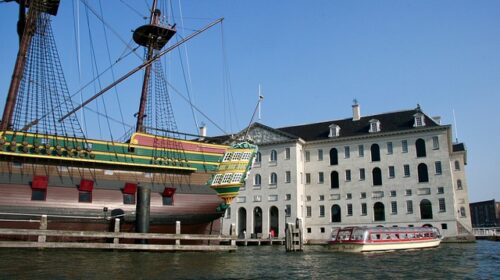
The tall ships, ranging from historic replicas to modern vessels, navigate the waters of the IJ River, creating a majestic spectacle. Alongside the parade, SAIL Amsterdam features a diverse program of events, including concerts, exhibitions, and maritime-themed activities. The festival’s unique blend of history, tradition, and contemporary maritime culture makes it a highlight on the Dutch festival calendar.
Conclusion
In the Netherlands, festivals are not just events; they are vibrant expressions of a culture deeply rooted in tradition and innovation. From the iconic orange hues of King’s Day to the rhythmic beats of ADE, each festival adds a unique chapter to the Dutch cultural narrative.
